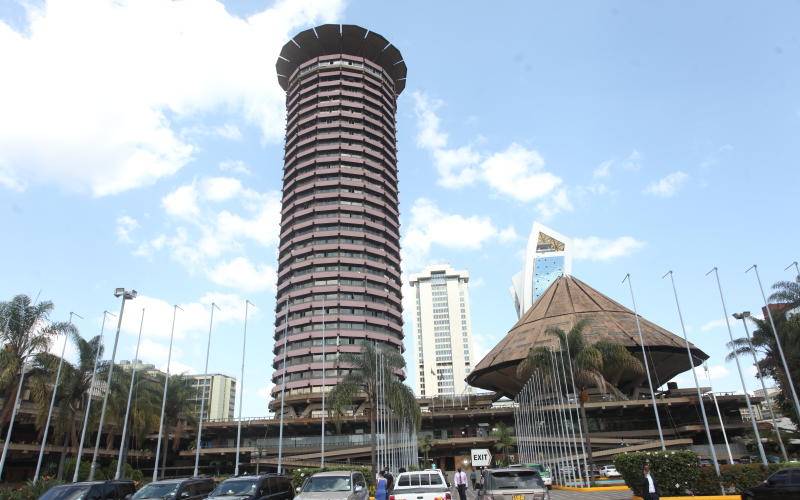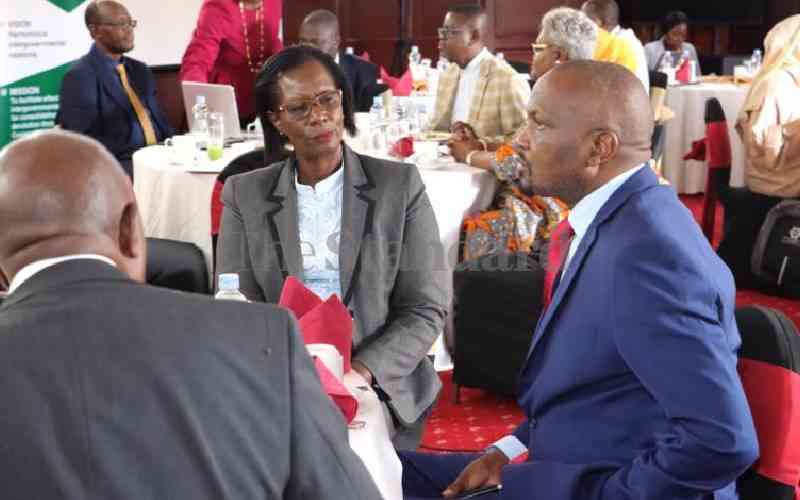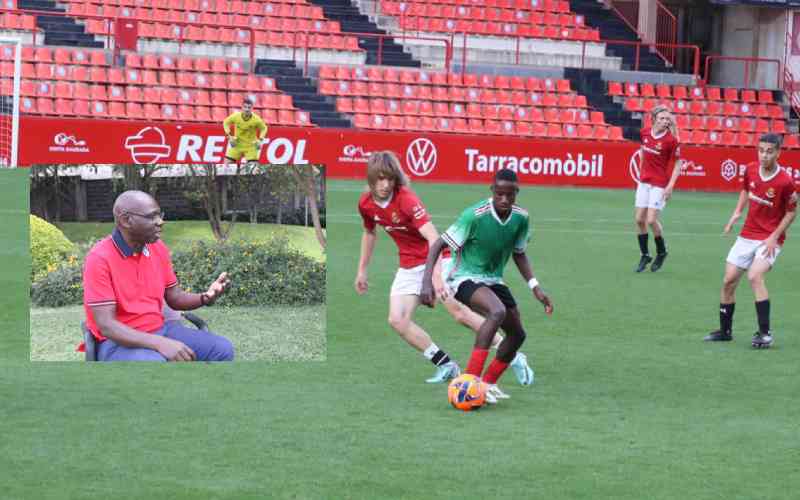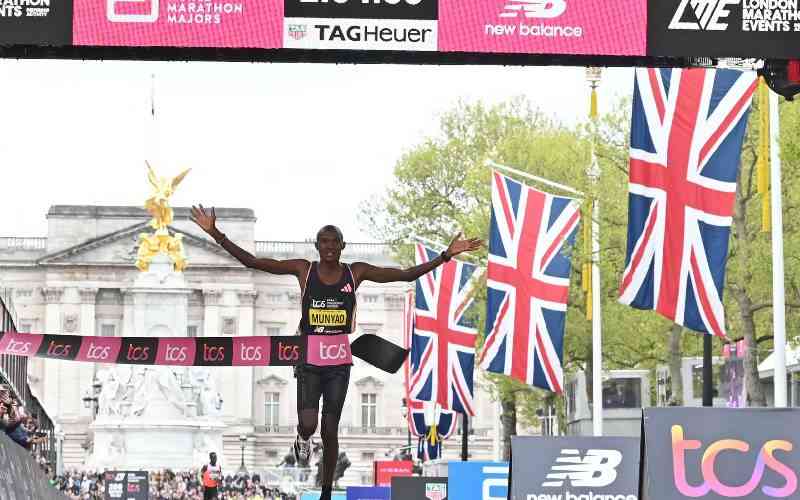
It would seem as though fixing Nairobi is President Uhuru Kenyatta’s last throw of the dice. Surely, with the Big Four agenda wobbly, fight against corruption wavering, the Covid-19 crisis ravaging the economy and the politics poisoned, it must have occurred to him by now that turning around the city of Nairobi will be more impactful for his legacy.
Nairobi matters because its output accounts for a fifth of the country’s $90 billion GDP. It is the locomotive to which the rest of the country is hitched. It moves, the rest move. It stops, and everything stops.
No doubt, getting Nairobi - the biggest metropolis in East and Central Africa – working needed not just a change of heart and mind but also a change of tact.
In Nairobi Metropolitan Director General Mohamed Badi, the President has the man to get the job done, or at least try to get it done. Watching him on JKL last week, you could sense the passion and zeal and focus of both the master and the servant.
For the 4 million souls crammed into Nairobi, it matters to them that the city runs smoothly; that public transport works efficiently and is affordable; that garbage is collected and that housing is affordable and plenty; that they can go to work safely; that they and their families can play safely and that their water and air is not polluted. They ought to get something back from the much they put in-investment, skills and knowledge and home sickness from working away from home.
Yet that is not what they get. Nairobi, for many, is a horrific nightmare they wake up from only to realise that it is still the reality they live in.
Left to their own devices, many have devised ways to get by with life.
The world over, cities offer their inhabitants opportunities that are ordinarily lacking in the countryside. Though not all cities offer the same opportunities, harnessing them makes the difference.
Nairobi is a net beneficiary of rural-to-urban migration. Isn’t it a paradox that rather than demand driving up competition and therefore better standards of housing, transport and social amenities, Nairobi is wallowing in the gutter? What explains the reality that Nairobi has a disproportionately huge population of poor, vulnerable people; those for whom paved roads is a least concern?
The sprawling Nairobi slums are an indictment of failed policies. Kibera, Korogocho, Mathare and the likes are in bad, frequently worse conditions than those their inhabitants left in the villages. Small-holder, subsistence farming offers a better reward than being in the city. Why?
In truth, Nairobi is the victim of hideous incompetence and uncaring attitude from its leaders - past and present.
So to imagine that of its own, taking away some functions from the City Hall and handing them to the national government will turn the city around is to engage in wishful thinking.
Those before Mike Mbuvi Sonko laid the ground for one like him to be elected in the 21st Century.
Nairobi’s problems are largely political. But you can’t fix the politics and social challenges and ignore the economic. Only a Marshall Plan – as happened after the World War II – will go a long way in addressing these challenges.
Focusing on the politics without providing economic empowerment - the reason that brought many to the metropolis in the first place - is to miss the point. Corruption, inefficiency, poor economic prospects in the countryside - and their cousin, poverty - feeds off Nairobi’s gung-ho style politics defined more by partisanship, subterfuge and confrontation and less by purpose.
Badi could be the disrupter the city has yearned for. And that is why the tough-talking General needs everyone’s prayers.
The good general believes (rightly) that to make an omelette, eggs have to be broken. Fixing Nairobi’s decrepit social, political and economic infrastructure requires more than a strong will.
It was British colonists laying the Kenya-Uganda Railway nearly 120 years ago who founded Nairobi, a once swampy, mosquito-infested outpost. They established East Africa’s biggest metropolis, perhaps by chance. Isiolo, which is the midpoint of Kenya, had been earmarked the capital city. It will take much hard work to conjure up another magic for Nairobi to rise up from the rot and morass.
Fixing Nairobi is, therefore, a smart objective; specific, measurable, attainable, relevant and time-bound.
Just like the Kenya-Uganda railway was a catalyst for the establishment of the city in the 1900s, it will take the city’s leaders (and residents) to conjure up something special (urgently) to make Nairobi the special city it is to many.
-Kipkemboi is an Associate Editor at The Standard.
 The Standard Group Plc is a multi-media organization with investments in media
platforms spanning newspaper print operations, television, radio broadcasting,
digital and online services. The Standard Group is recognized as a leading
multi-media house in Kenya with a key influence in matters of national and
international interest.
The Standard Group Plc is a multi-media organization with investments in media
platforms spanning newspaper print operations, television, radio broadcasting,
digital and online services. The Standard Group is recognized as a leading
multi-media house in Kenya with a key influence in matters of national and
international interest.
 The Standard Group Plc is a multi-media organization with investments in media
platforms spanning newspaper print operations, television, radio broadcasting,
digital and online services. The Standard Group is recognized as a leading
multi-media house in Kenya with a key influence in matters of national and
international interest.
The Standard Group Plc is a multi-media organization with investments in media
platforms spanning newspaper print operations, television, radio broadcasting,
digital and online services. The Standard Group is recognized as a leading
multi-media house in Kenya with a key influence in matters of national and
international interest.










